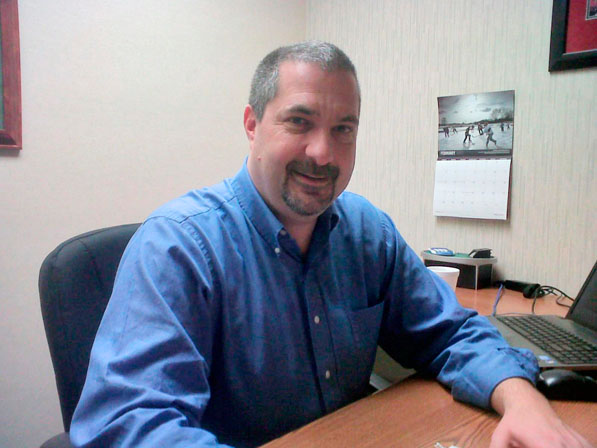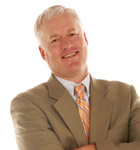Past
In Posse may be one of the most unique engineering and sustainability-consulting firms in the country and at its helm is partner Rob Diemer, now considered an expert in his field. However, Diemer can still remember the time in 1999 when he first began hearing about green building and LEED certification. He’d been working as an engineer at the AKF Group LLC for five years when he developed a serious interest in fuel cells, resulting in a visit to the University of California, Irvine’s National Fuel Cell Research Center. “After that visit my interest was really sparked,” Diemer says. “I could feel that things were changing and I wanted to be a part of it.”
As partner of the AKF Group, Diemer continued his work for the company, while also focusing his attentions elsewhere, attending Green Council meetings, conferences, and educating himself on green design. He was able to incorporate his newfound passion into his work for AKF, even developing a team that worked on sustainable projects. The work was exciting, but Diemer wanted something more. “I wanted to be a specialist strictly focused on green building. I wanted to have a business that was sustainable, a business that was environment and issue-focused,” Diemer says. “Starting my own business was obviously much easier than trying to change AKF from the ground up, so that’s what I did and AKF was very supportive, seeing this as an opportunity to differentiate themselves and provide added value to clients.”
In 2010, Diemer started In Posse, a subsidiary of the AKF Group that operates as a triple-bottom-line company offering services in sustainable engineering, building analysis and modeling, commissioning, energy audits, and sustainability consulting.
Present
Shortly after starting, In Posse, in collaboration with AKF Group, was awarded a significant contract for a net-zero energy school through New York City’s Department of Education, providing Diemer and his team with the opportunity to build a school of the future with zero net- energy consumption and zero carbon emissions. Work on the school began in early 2012 and the challenges were apparent early on. “This is an entirely different type of project,” Diemer says. “As architects and engineers, we know how to build a sustainable building, but net zero requires that you go beyond that. We have to factor in the teachers and administrators and food-service people that run the school. We have to figure out how their decisions and behaviors affect energy use in the building and then we have to teach them how to change those behaviors for the better.”
While net-zero projects may not result in big returns for building owners, Diemer’s work is actually proving to be invaluable to them in the long run. By understanding and removing the energy drains in one facility, owners can take their newfound knowledge of improved systems and implement those same changes in other buildings, resulting in energy savings and massively reduced carbon footprints.
Future
The buzz surrounding net zero is similar to the excitement that surrounded LEED building 10 years ago. In other words, net zero has been lauded as the next big thing in sustainable design and In Posse has managed to quietly position itself as one of the few net-zero experts in the country.
Moving forward, Diemer wants to focus on what are becoming known as regenerative buildings, which are buildings that have a net-positive impact and actually improve the surrounding environment by capturing and treating water and producing all of their own energy. These buildings can be designed to improve damaged surrounding environments and they’re capable of repairing surrounding ecosystems. “The future of sustainable design is all about buildings that give back more than they take. Owners who are forward thinking will recognize the importance of investing in buildings that have a positive, rather than a negative, impact and that’s the work I’m excited to do as In Posse grows and develops,” Diemer says.

